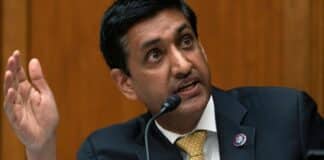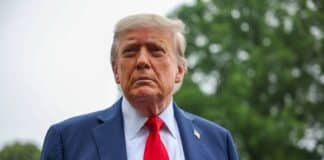An algorithm change on Elon Musk’s X platform has ignited a debate about free speech, particularly regarding the visibility of conservative voices. The controversy started after a public dispute about H-1B visas, with Vivek Ramaswamy arguing that the U.S. needs to recruit top global talent to compete with China. His comments drew strong backlash from many users, causing Ramaswamy’s post to be “ratioed,” a term used when a post receives more negative comments than likes.
Musk entered the conversation, suggesting that the U.S. is not producing enough motivated engineers, comparing it to a professional sports team needing top talent to win championships. However, Musk’s comment also faced criticism, with a reply from a user receiving more likes than Musk’s own post. This backlash prompted several high-profile right-wing accounts, including Laura Loomer, to report the removal of their verification badges and the revocation of monetization options on their accounts.
Loomer specifically accused X of “retaliatory censorship” after she criticized mass migration policies. This led to accusations from many that X’s algorithm changes were politically motivated, targeting right-wing accounts that critiqued Musk’s views. Conservative commentator Mike Cernovich pointed out that several accounts not directly involved in the H-1B debate also lost their verification badges, suggesting that the algorithm update was not solely tied to the immigration issue.
In response, Musk explained that the algorithm change aimed to maximize “unregretted user-seconds,” adjusting content visibility based on user engagement. He clarified that if credible, verified accounts mute or block certain users, their reach would decline. Musk also warned against “coordinated attacks” on accounts, describing them as spam. Critics argue, however, that this new system may limit the visibility of dissenting opinions, raising concerns about censorship and the platform’s commitment to free speech.






